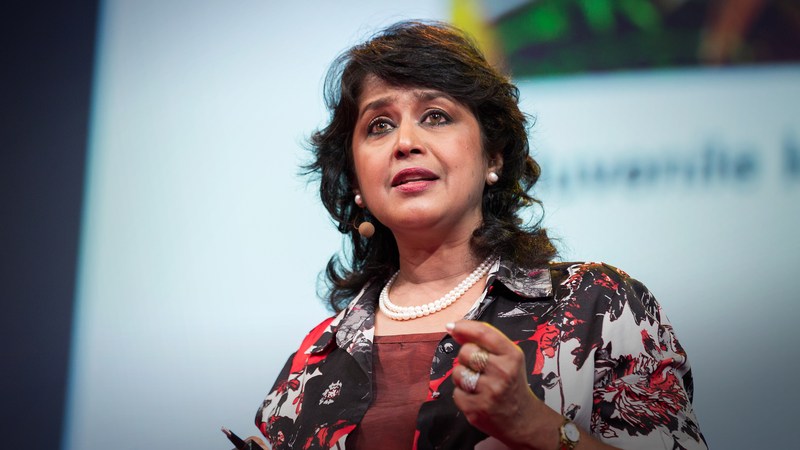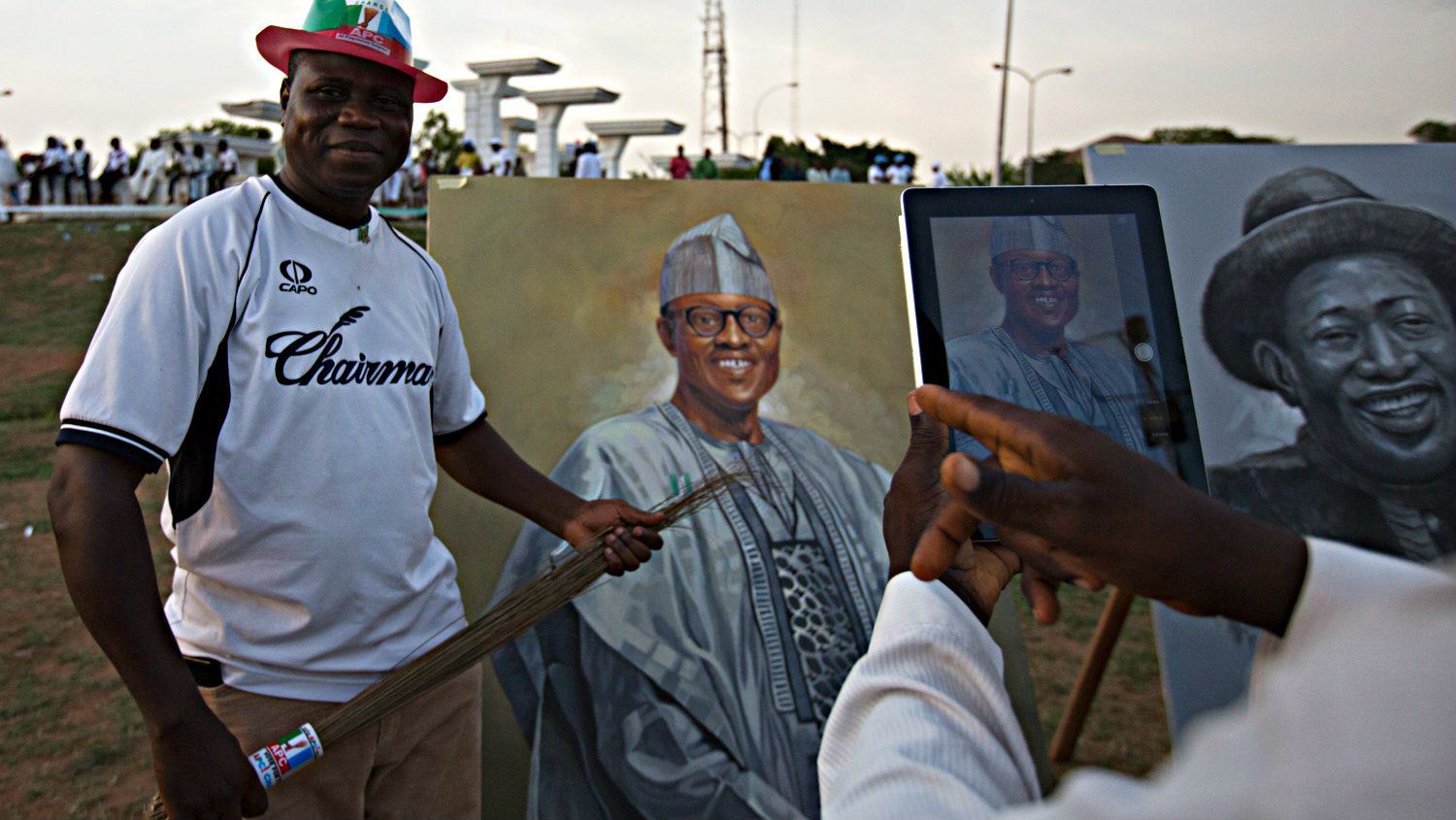 The United Nations Population Fund says it has earmarked $75 million to boost reproductive health services and data generation in Nigeria.
The United Nations Population Fund says it has earmarked $75 million to boost reproductive health services and data generation in Nigeria.
The Executive Director of UNFPA, Babatunde Osotimehin, said this while fielding questions from the News Agency of Nigeria on Sunday in Abuja.
He explained that the amount covers the value of the seventh UNFPA Country Programme between 2014 and 2017 in Nigeria.
Mr. Osotimehin said that the figure budgeted would be sourced from the core funding of $29.2 million, while the non-core source would contribute $45.8 million.
He said UNFPA has been in Nigeria since its inception in 1969, participating in numerous activities in the country.
“We have always been working with the Nigerian formations, either regions or states; we also work with Civil Society Organisations.
“What we do in essence is to work with government to ensure that women and girls’ lives are cherished so they go to school and stay in school.
“So that women, when they are ready can have their children safely and also space their birth, to ensure they don’t die giving birth.
“And they can have the number of children they can afford to have without any issue or coercion; these are the things we do”.
The executive director said UNFPA will also collaborate with government to conduct a census, the data generated to assist government in its projections and planning.
He said at present, the UNFPA is discussing with the National Population Commission on the 2016 national headcount.
Mr. Osotimehin said the greatest cause of maternal mortality in Nigeria is childhood pregnancy, which constitutes between 30 and 40 per cent of the burden. He encouraged women to plan their families.
“We encourage women to take family planning; it enables them to take control of their lives.
“When you talk to women and ask them, they will tell you I have six children, but if I had the choice I would rather have three or four.
“The problem always is that they don’t have the opportunity to make such choices, the choices can be made if they have access to the commodities,” said the UNFPA boss.
He said the UNFPA ensures that women who want to space their children and have the number of children they want access to these services.
Mr. Osotimehin said in recent years and with the insurgency, the UNFPA worked in North East to provide assistance to in capacity building to government and civil society organisations on issues of the communities.
“It is beyond women and children who are the target of our (work), it is about communities who suffered tremendously from the insurgency.
“Many communities have been totally vanquished, we needed to work with these communities to enable them revive themselves.
“With the return of members of these communities, we will ensure that the communities have prepared to have them back; we will also give them assistance to enable them reintegrate with the society,” he said.
Mr. Osotimehin said UNFPA is in partnership with four UN agencies to support the Safe School Initiative, adding that the fund provides psycho-social support, counselling and girl-child education.
He advised President Muhammadu Buhari to give premium attention to primary healthcare and education as a means to eradicating poverty in the country.
He said providing primary health delivery and education to young persons, especially the girl child, would contribute to the alleviation of poverty and ensure that families do not give birth to more children than they could cater for.
According to him, providing healthcare services in rural areas and free education to youth would close socio-economic gaps and uplift the nation.
“If a woman is educated and has a job she can decide on how many children she is going to have.
“UNFPA don’t prescribe number of children for families, but we are saying that the woman should be able to make the choice of the number she can afford to have and when she wants to have it.
“In that period she can go to work, she can make money, she can look after the children and she can be healthy, and I think that we want to underscore the fact of girls’ education,” he said.
The executive director stressed that basic education was required for young women before the age of 18, adding that at that stage they could understand the requirements of reproduction.
Mr. Osotimehin observed that the child delivered by a matured and educated woman had greater chances of survival.
“If you have a young lady who goes to school, stays in school and then marries after 18, what we know and have evidence is that the children they bear after 18 the survival is five times better than children that are born before 18.
“We know that the quality of life of that child is better; we also know that when she has that child after 18 the likelihood that the child will go to school is higher.
“It is basically breaking inter-generational poverty and women can be placed to play a very vital role in the society,’’ said the executive director.
Besides, Mr. Osotimehin said that the Fund had been able to reduce child and maternal mortality in the country, but much was yet to be done for total elimination.
He emphasised that proper strategising and investment would ensure a difference in improving the life of the citizenry.
“We have reduced maternal mortality but not to the level we are happy with, we have reduced child mortality.
“Some of these have happened only in pockets of Nigeria and it is not across on inclusive, there are still pockets of Nigeria where we have to do more work to reach people so that girls can go to school so that they don’t die giving life.
“We need to strategise and target investments in areas where we can make a difference,” said the UNFPA boss.
Despite all odds, Mr. Osotimehin expressed optimism that the challenges confronting the girl child education and reproductive health could be tackled if the government addressed the issues with high premium.


